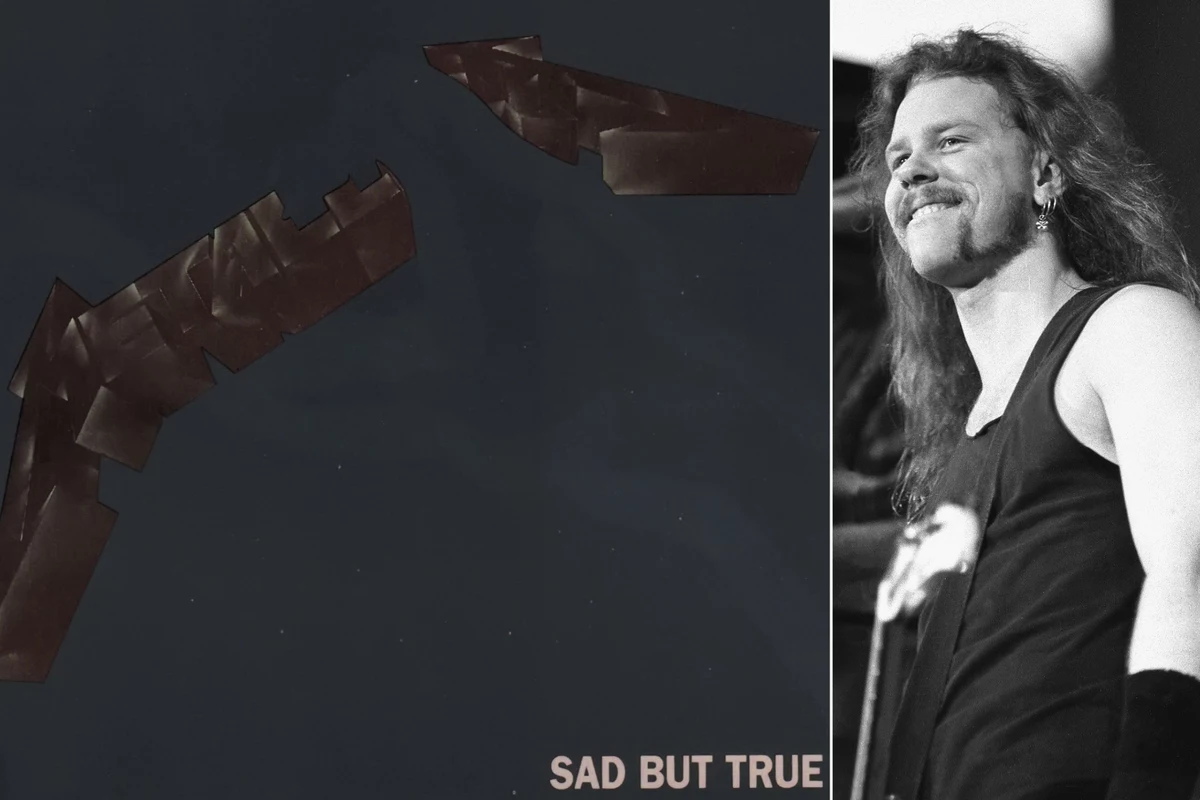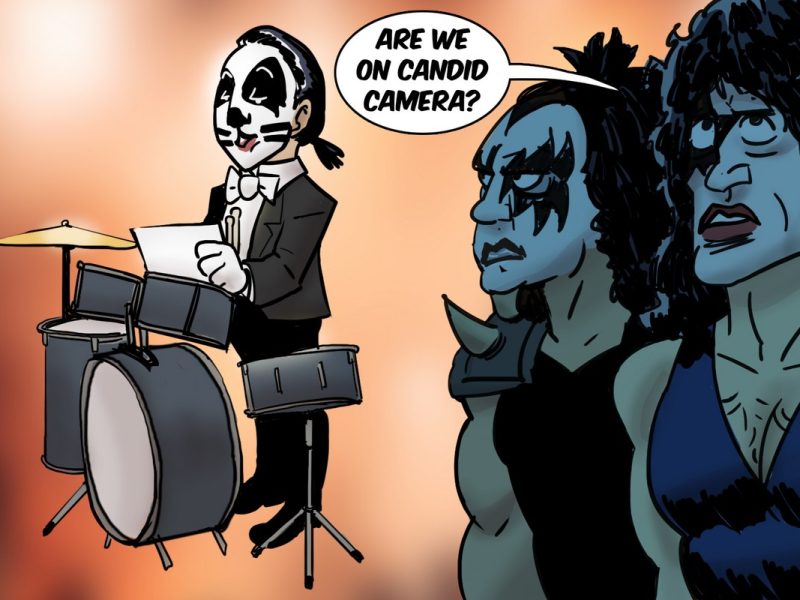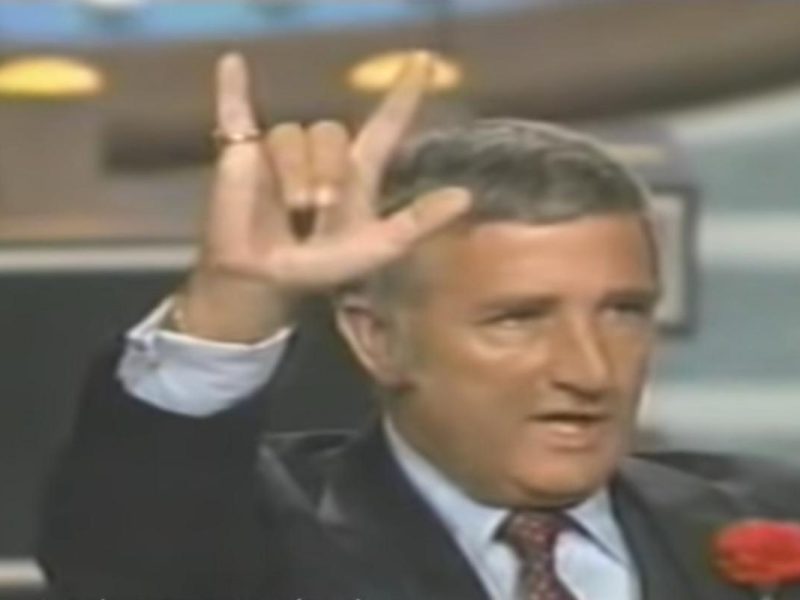With more than 30 million copies sold worldwide, Metallica’s 1991 self-titled album is practically a greatest-hits compilation unto itself. Perhaps none of its 12 tracks are as important as “Sad but True,” which convinced super-producer Bob Rock that he simply had to work with the band.
Rock had already piqued Metallica’s interest thanks to his work on a pair of explosive 1989 albums: the Cult’s Sonic Temple and Motley Crue’s chart-topping Dr. Feelgood. After a trio of increasingly successful and progressive albums — 1984’s Ride the Lightning, 1986’s Master of Puppets and 1988’s … And Justice for All — Metallica knew they needed a personnel change to launch them into the upper echelons of rock stardom.
There was just one problem: Metallica wanted to make their next record in Los Angeles instead of Rock’s Little Mountain Sound Studios in Vancouver.
“We really didn’t want to do it in Vancouver — everyone comes to him,” drummer Lars Ulrich later told journalist Mick Wall. “For a while, I didn’t think it was going to work out. Bob’s got a big family and he wasn’t that keen on coming to L.A. Then, when we played him the stuff, I could see his eyes light up. We’d built a little eight-track studio in my house and made some rough demos, just me on drums and James [Hetfield].”
When the band showed him “Sad But True,” Ulrich added, “It was like, boom! From there it was pretty much a done deal.”
Rock had no shortage of platinum-selling successes under his belt, but even he sensed that Metallica was about to reach whole new strata with their new album, likening “Sad but True” to Led Zeppelin in their imperial phase. “They played me the demo, and I told them I thought it was the ‘Kashmir’ of the ’90s. The riff was astounding,” he told MusicRadar in 2021. “To my knowledge, they never had anything so heavy, so punchy and powerful. Rhythmically, I could tell it had the potential to be absolutely crushing!”
Watch Metallica’s ‘Sad but True’ Video
With its bulldozing riffs and lumbering grooves, “Sad but True” evoked rhythmic powerhouses like the Rolling Stones’ Charlie Watts and AC/DC’s Phil Rudd. “I used to think that stuff was easy, but it’s not,” Ulrich confessed to Wall. “It’s hard — fucking hard.”
Metallica cut the rhythm tracks live in the studio, where its thunderous, unbridled aggression practically oozed from the mixing console. “The energy coming off all of us playing was so intense and so locked into the groove, with so much attitude that Bob Rock said, ‘We could take this track right here off the floor and put it straight on the album because all you guys played your asses off,'” guitarist Kirk Hammett added.
Part of its muscle came from Rock’s suggestion to tune the guitars a whole step down, from E to D standard, taking a page from Motley Crue’s playbook. Halfway through pre-production, Rock “realized that every song, including this one, was in the key of E. I brought this to the band’s attention, and they said, ‘Well, isn’t E the lowest note?’ So I told them that on Motley Crue’s Dr. Feelgood, which I produced and Metallica loved, the band had tuned down to D. Metallica then tuned down to D, and that’s when the riff really became huge. It was this force that you just couldn’t stop, no matter what.”
With Hetfield’s tuneful-yet-bloodthirsty roar sitting atop the band’s primordial stomp, “Sad but True” was destined for stadium-metal supremacy. By the time it was released as the fifth and final Black Album single on Feb. 8, 1993, it had become a fan favorite and concert staple, a status it’s maintained for decades. Even after hundreds and hundreds of performances, it remains Ulrich’s all-time favorite Metallica tune.
“I just love playing that song,” he told GQ. “I play it a little differently each time. I love the tempo and giving it a different interpretation every time I play it.”
Metallica Albums Ranked
There are moments of indecision when compiling this gallery of Metallica Albums, Ranked Worst to Best. After all, we really could have had – for the first time ever – a three-way tie for first.
Metallica Released One of Rock’s Most Hated LPs



